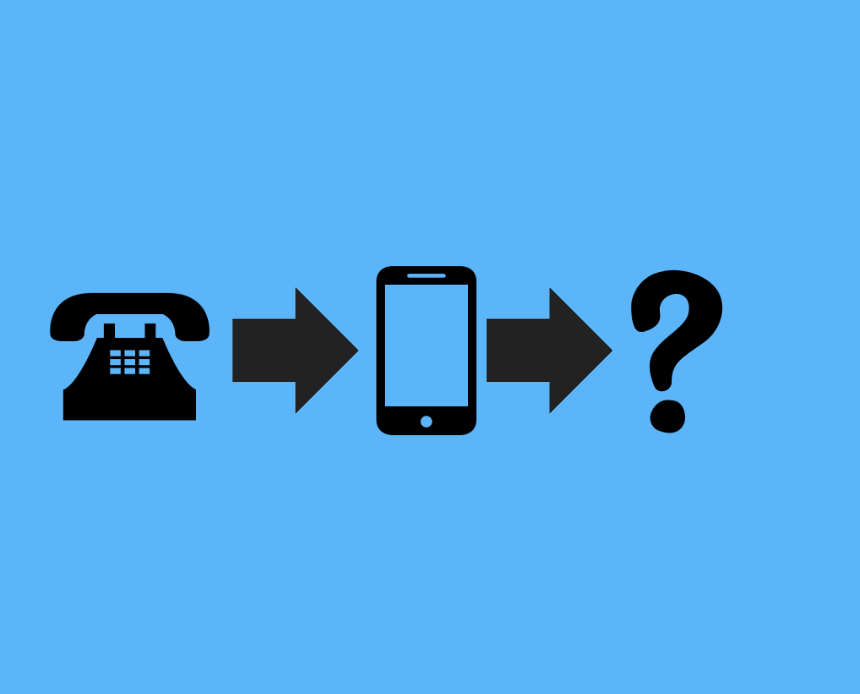In 2024, tech companies have many visions of what the future of smartphones will look like, even considering what could replace the smartphone. Companies are working on smart glasses, smart watches, rollable and flexible phones and even mind chips.
Tech giants like Apple have been working on smartwatches. They market these toward young children and older adults who do not need a phone but still require some basic things like making calls and messages and being tracked by family members. “While the Apple watch is quite capable of a lot of features that a phone has, its biggest downfall is its smaller screen which makes it harder to use than a phone because it shows less information,” stated junior Vrayas Pila.
Samsung is currently the leader in the foldable phone market with its Galaxy Z Fold6 and Flip6. “I feel that the next logical step in the progression of smartphones is foldable or rollable ones because that will allow for more screens while being overall smaller to carry around,” stated senior Ameya Menon.
Many companies are entering the foldable phone market, including Google and Huawei with their latest triple foldable smartphone. This seems to be the direction many companies are taking, as it is not radically different from ordinary smartphones. There are some companies, however, that have more revolutionary ideas.
Neurolink, led by Elon Musk, a leader at both Tesla and SpaceX, is a project to put a computer chip inside people’s brains, allowing them to interact with technology with only their thoughts.
Companies like Meta and Snapchat have been working on AR glasses and have built working prototypes, but they are still a couple of years away from a consumer-ready product. “The fact that we might have glasses in my lifetime which can replace most screens is amazing. It would essentially be able to do all a phone can do but also replace anything with a screen,” said Pila.
The current form of smartphones has been around for many years now. In the next couple of years, they will be replaced by devices that are easier to use than current smartphones and blend in easily with daily life. Smart glasses are likely to be the first to replace the smartphone.









